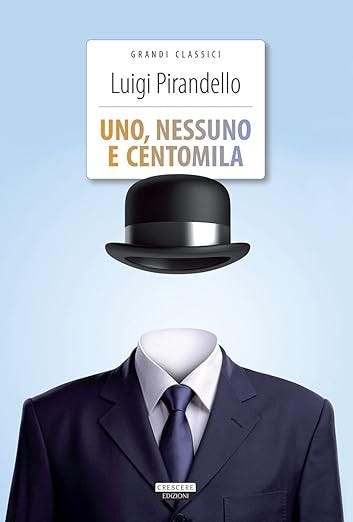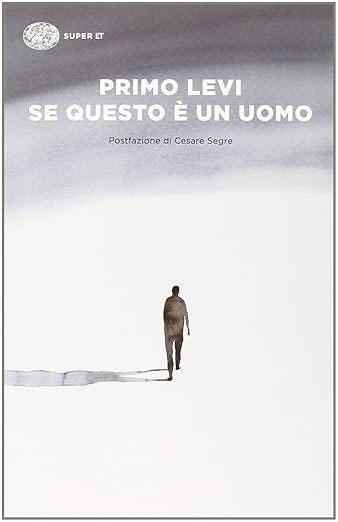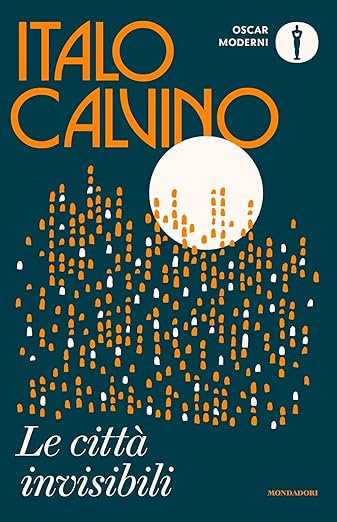5 Amazing Italian Writers
The key to learning languages is comprehensible input. That is, being consistently exposed to language that is mostly understandable to the learner but not entirely. Growth happens when you have one foot in the known, and one foot in the unknown.
So when you start learning Italian you are forced to seek out simplified material for foreign learners or even content aimed at children. That is because your level of understanding is so low that almost everything is beyond your reach.
However, as you achieve an intermediate to advanced level of Italian, immersing yourself in books written for native speakers can really take your proficiency to the next level.
Here are five amazing Italian writers you should consider when ready to take on this challenge. Writers who, in my opinion, rank among the best in the world, regardless of nationality.
5. Luigi Pirandello
Recommended book: Start with Sei personaggi in cerca d'autore (Six Characters in Search of an Author), a groundbreaking play that explores reality and fiction, then dive into Uno, Nessuno e Centomila (One, No One, and One Hundred Thousand) for a deep take on identity and man’s position within society.
4. Primo Levi
Recommended book: Begin with Se questo è un uomo (If This Is a Man), a touching testament to humanity’s strength during ultimate adversity (i.e., the Holocaust). Follow it with Il sistema periodico (The Periodic Table), which captures Levi’s curiosity about life through a chemist’s lens.
3. Italo Svevo
Recommended book: La coscienza di Zeno (Zeno’s Conscience)—a fascinating exploration of the mind of a neurotic businessman, whose attempts at “healing” often backfire; full of humor and insight.
2. Umberto Eco
Recommended book: Il nome della rosa (The Name of the Rose)—a historical murder mystery set in a medieval monastery, rich in philosophical inquiry and suspense. Worth reading, even if you already watched the movie starring Sean Connery.
1. Italo Calvino
Recommended books: Start with Il barone rampante (The Baron in the Trees), a whimsical tale of rebellion and independence, and then graduate to Le città invisibili (Invisible Cities), Calvino’s masterpiece which poetically explores the concept of cities and human connection.








Thanks. Indeed these are great reads
Italo Calvino's one of my favorite writers! I need to read more Umberto Eco, too.